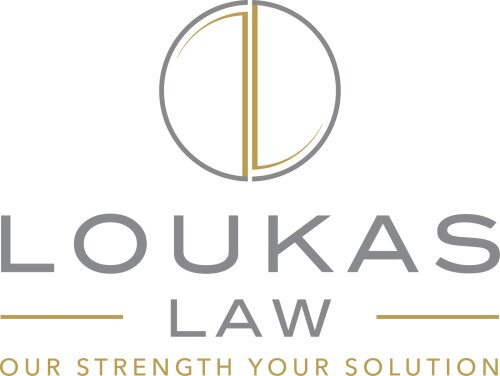Best Domestic Violence Lawyers in Subiaco
Share your needs with us, get contacted by law firms.
Free. Takes 2 min.
Free Guide to Hiring a Family Lawyer
List of the best lawyers in Subiaco, Australia
About Domestic Violence Law in Subiaco, Australia:
Domestic violence in Subiaco, Australia, is taken seriously and is strictly regulated by a variety of laws. Such violence, also referred to as family violence, can encompass physical, emotional, psychological and financial abuse between family members. The Western Australia Police Force and the Department of Communities respond to and investigate all reports of Domestic Violence in the region, ensuring that the safety and well-being of victims are prioritized.
Why You May Need a Lawyer:
Retaining a lawyer’s assistance is crucial if you are a victim of domestic violence or have been accused of it. Lawyers can help you understand your rights and obligations under the law, assist in obtaining or defending against family violence restraining orders, and provide guidance and representation in court proceedings related to custody, divorce or criminal charges.
Local Laws Overview:
The family violence laws in Subiaco, Australia, are largely governed by the Restraining Orders Act 1997 and the Family Law Act 1975. These laws protect individuals from family and domestic violence, offering a range of legal protections and sanctions. The Restraining Orders Act 1997 allows for the provision of a Family Violence Restraining Order, which can limit the offender’s contact with the victim. Breaches of these orders are treated as criminal offenses and can result in fines or imprisonment.
Frequently Asked Questions:
1. What constitutes domestic violence?
Domestic violence encompasses any violent, threatening or abusive behavior that is used by one person to control and dominate another within an intimate or family relationship. This can include physical, emotional, psychological, sexual or financial abuse.
2. What are the possible repercussions for perpetrating domestic violence?
Domestic violence is a criminal offense under Australian law. Penalties can range from fines to imprisonment depending on the severity and frequency of the violence.
3. How can I obtain a restraining order?
You can apply for a Family Violence Restraining Order (FVRO) at your local Magistrates Court. A lawyer can guide you through this process and help ensure your application is presented effectively.
4. What happens if a restraining order is breached?
If a Restraining Order is breached, the perpetrator can be charged with a criminal offense which can carry penalties such as fines or imprisonment.
5. What should I do if I'm accused of domestic violence?
If you are accused of domestic violence, it’s crucial to seek legal advice immediately. A lawyer can help ensure your rights are protected, advise you on the potential implications, and represent you in court.
Additional Resources:
The Department of Communities provides resources and support services for victims of domestic violence. Similarly, the Western Australia Police Force has protocols in place to deal with domestic violence cases and can provide initial safety and support. Various non-profit organizations, such as Crisis Care, also offer support and advice for those affected.
Next Steps:
If you need legal assistance in relation to domestic violence, your first step should be to contact a lawyer who specializes in this area of law. They can provide advice tailored to your situation and guide you on how to safely navigate the legal process.
Lawzana helps you find the best lawyers and law firms in Subiaco through a curated and pre-screened list of qualified legal professionals. Our platform offers rankings and detailed profiles of attorneys and law firms, allowing you to compare based on practice areas, including Domestic Violence, experience, and client feedback.
Each profile includes a description of the firm's areas of practice, client reviews, team members and partners, year of establishment, spoken languages, office locations, contact information, social media presence, and any published articles or resources. Most firms on our platform speak English and are experienced in both local and international legal matters.
Get a quote from top-rated law firms in Subiaco, Australia — quickly, securely, and without unnecessary hassle.
Disclaimer:
The information provided on this page is for general informational purposes only and does not constitute legal advice. While we strive to ensure the accuracy and relevance of the content, legal information may change over time, and interpretations of the law can vary. You should always consult with a qualified legal professional for advice specific to your situation.
We disclaim all liability for actions taken or not taken based on the content of this page. If you believe any information is incorrect or outdated, please contact us, and we will review and update it where appropriate.










